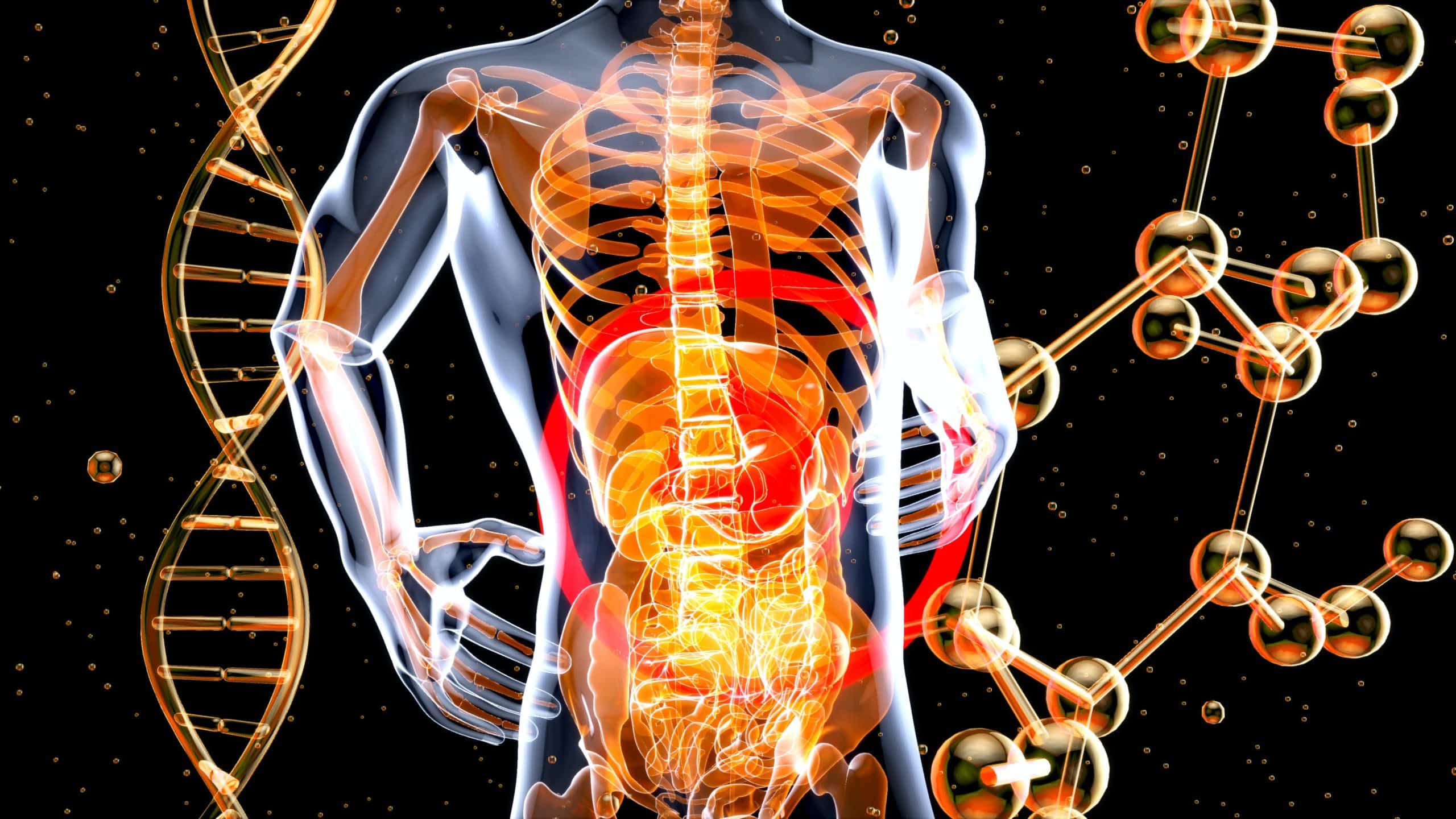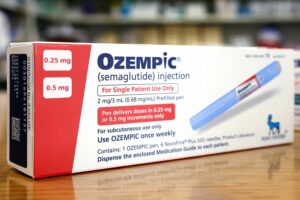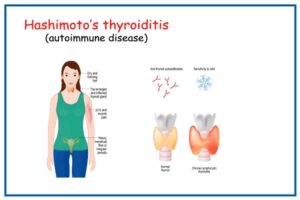When comparing and contrasting inflammatory bowel disease (IBD) with irritable bowel syndrome (IBS) there will be similarities, but they are distinctly different. IBS is a group of symptoms. There is no autoimmune reaction in the body and does not cause any intestinal damage. IBD is an autoimmune disease and can cause permanent damage to the intestines.
IBS and IBD symptoms
One of the hallmark symptoms of IBS is changes in the frequency of bowel movements and the form of the stools. This can present as diarrhea, constipation, or alternating between the two. Another key symptom of IBS is cramping and abdominal pain.
Symptoms of IBD, however, depend on where the inflammation is located and whether they relate to Crohn’s disease or ulcerative colitis. In IBD, diarrhea, abdominal pain, and cramping can be common symptoms, but additional symptoms are usually present and include :
• Blood in the stool
• Fatigue
• Fever
• Night sweats
• Unintended weight loss
• Loss of appetite
• Loss of menstrual cycle
• Joint pain
Complications of IBD
IBD can lead to complications such as colorectal cancer, damage to the bowel, and malabsorption of nutrients.
Malabsorption
Inflammation of the small intestine can interfere with the absorption of nutrients, including amino acids, fatty acids, vitamins, and minerals. Malnutrition is a major complication of IBD and it is estimated to affect up to 75% of patients with Crohn’s disease. Most common deficiencies include:
• Vitamin A
• B vitamins
• Calcium
• Vitamin D
• Iron
• Vitamin K
• Magnesium
• Selenium
• Zinc
IBD and IBS causes
The exact cause of both conditions is not currently known. There are, however, several factors that have been identified as having a significant effect on the development of such symptoms and diseases. These include, but are not limited to :
• Bacterial contamination
• Genetic factors
• Chronic stress
• Changes in immune function
• Long term use of certain medication
• Smoking
• Gut health
Managing IBD and IBS
Currently, IBD is considered “not curable” and is usually treated with medication, but the role of lifestyle and diet can not be understated in the management of symptoms and keeping the condition in remission. IBS is not treated with medication and can be managed with only dietary and lifestyle changes.
Diet and Lifestyle
Diet plays a crucial role in individuals with either IBD or IBS. In IBS it will help control the symptoms, sometimes completely, while in IBD it is of crucial importance to provide all the micronutrients that the patient may be deficient in, as well as to ease symptoms, such as pain and bloating.
A diet that contains pro-inflammatory foods is an important risk factor for developing both IBD and IBS. The standard western diet that includes high amounts of refined carbohydrates and processed foods in combination with a low intake of fruits, vegetables, protein, and beneficial fats is implicated in many diseases, including IBD.
Other factors that may help reduce symptoms of IBS or IBD include:
• Limiting caffeine intake
• Limiting insoluble fiber intake
• Moderating alcohol consumption
• Reducing greasy and fried foods
There are also many supplements and lifestyle changes that can be implemented to help ease symptoms of both conditions. Such as improving sleep, improving stress response, exercise, infrared sauna use, etc.
To get a better understanding of your condition and how to implement changes successfully, consider working with a practitioner to guide you on your journey to feeling better and taking control of your condition.
When comparing and contrasting inflammatory bowel disease (IBD) with irritable bowel syndrome (IBS) there will be similarities, but they are distinctly different. IBS is a group of symptoms. There is no autoimmune reaction in the body and does not cause any intestinal damage. IBD is an autoimmune disease and can cause permanent damage to the intestines.
IBS and IBD symptoms
One of the hallmark symptoms of IBS is changes in the frequency of bowel movements and the form of the stools. This can present as diarrhea, constipation, or alternating between the two. Another key symptom of IBS is cramping and abdominal pain.
Symptoms of IBD, however, depend on where the inflammation is located and whether they relate to Crohn’s disease or ulcerative colitis. In IBD, diarrhea, abdominal pain, and cramping can be common symptoms, but additional symptoms are usually present and include :
• Blood in the stool
• Fatigue
• Fever
• Night sweats
• Unintended weight loss
• Loss of appetite
• Loss of menstrual cycle
• Joint pain
Complications of IBD
IBD can lead to complications such as colorectal cancer, damage to the bowel, and malabsorption of nutrients.
Malabsorption
Inflammation of the small intestine can interfere with the absorption of nutrients, including amino acids, fatty acids, vitamins, and minerals. Malnutrition is a major complication of IBD and it is estimated to affect up to 75% of patients with Crohn’s disease. Most common deficiencies include:
• Vitamin A
• B vitamins
• Calcium
• Vitamin D
• Iron
• Vitamin K
• Magnesium
• Selenium
• Zinc
IBD and IBS causes
The exact cause of both conditions is not currently known. There are, however, several factors that have been identified as having a significant effect on the development of such symptoms and diseases. These include, but are not limited to :
• Bacterial contamination
• Genetic factors
• Chronic stress
• Changes in immune function
• Long term use of certain medication
• Smoking
• Gut health
Managing IBD and IBS
Currently, IBD is considered “not curable” and is usually treated with medication, but the role of lifestyle and diet can not be understated in the management of symptoms and keeping the condition in remission. IBS is not treated with medication and can be managed with only dietary and lifestyle changes.
Diet and Lifestyle
Diet plays a crucial role in individuals with either IBD or IBS. In IBS it will help control the symptoms, sometimes completely, while in IBD it is of crucial importance to provide all the micronutrients that the patient may be deficient in, as well as to ease symptoms, such as pain and bloating.
A diet that contains pro-inflammatory foods is an important risk factor for developing both IBD and IBS. The standard western diet that includes high amounts of refined carbohydrates and processed foods in combination with a low intake of fruits, vegetables, protein, and beneficial fats is implicated in many diseases, including IBD.
Other factors that may help reduce symptoms of IBS or IBD include:
• Limiting caffeine intake
• Limiting insoluble fiber intake
• Moderating alcohol consumption
• Reducing greasy and fried foods
There are also many supplements and lifestyle changes that can be implemented to help ease symptoms of both conditions. Such as improving sleep, improving stress response, exercise, infrared sauna use, etc.
To get a better understanding of your condition and how to implement changes successfully, consider working with a practitioner to guide you on your journey to feeling better and taking control of your condition.



